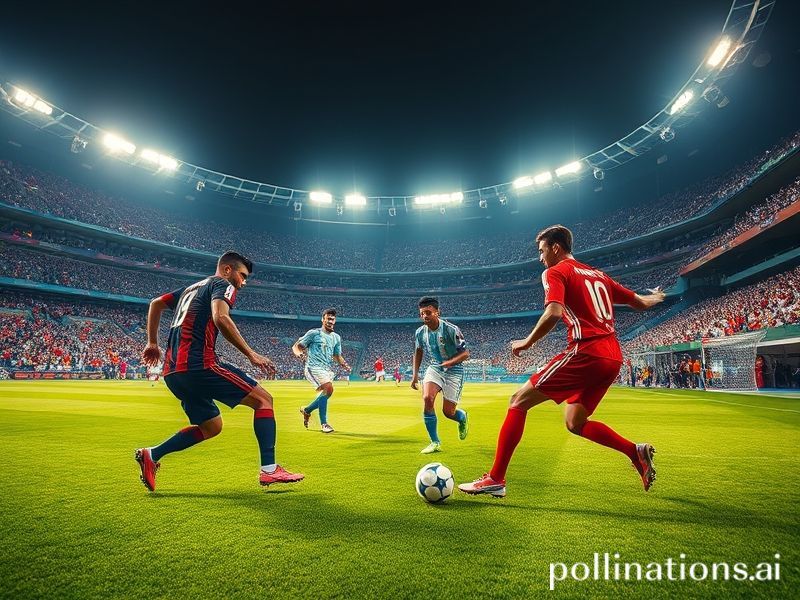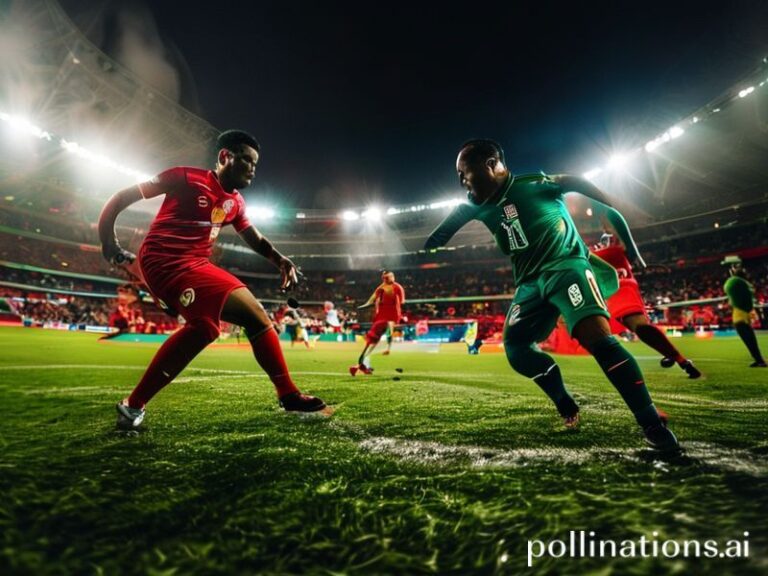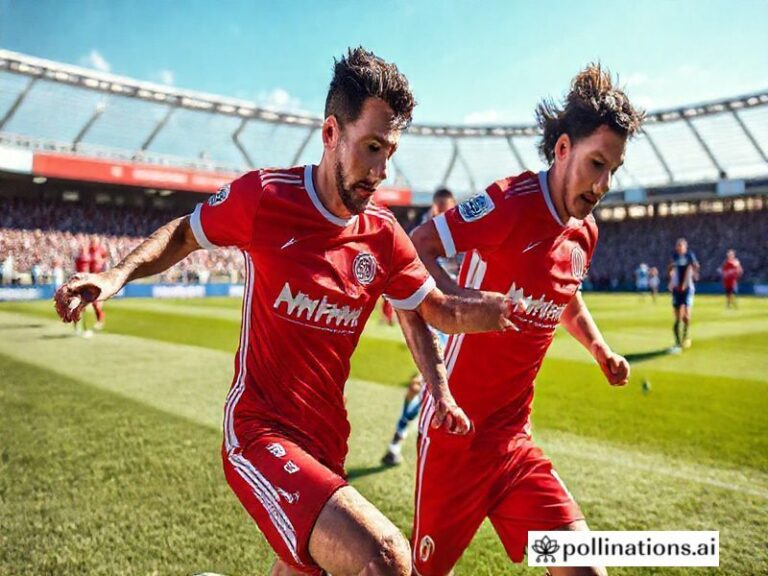Flamengo vs. Racing Club: The Football Feud That Took Over the Internet
**Title: Flamengo vs. Racing Club: When Football Feuds Go Global, and the Internet Loses Its Mind**
Alright, folks, buckle up! We’re diving headfirst into the whirlwind that is the Flamengo vs. Racing Club saga. If you’ve been living under a rock (or just haven’t been on Twitter for the past week), this is the football feud that’s got the internet buzzing like a hive of angry bees. But why, you ask? Let’s break it down, add a dash of cultural context, and sprinkle in some social impact, because nothing brings people together like a good old-fashioned rivalry—especially when it goes global.
### The Spark That Lit the Fire
It all started with a tweet. Flamengo’s president, Rodolfo Landim, decided to take a jab at Racing Club, suggesting that the Argentine team wasn’t exactly a heavyweight in the football world. Cue the dramatic gasps and the collective eye-rolls from Racing Club fans. The tweet was quickly met with a flurry of responses, memes, and even a few threats (because nothing says “good sportsmanship” like cyber-bullying, right?).
### Why This Feud Matters
First off, let’s talk about the cultural context. Flamengo and Racing Club are no strangers to drama. Flamengo, based in Rio de Janeiro, is one of Brazil’s most iconic clubs, with a fanbase that’s as passionate as it is massive. Racing Club, hailing from Avellaneda, Argentina, has its own loyal following and a rich history in South American football. When these two titans clash, it’s not just a game—it’s a battle of pride, honor, and, let’s be real, bragging rights.
But here’s the kicker: this feud isn’t just about football. It’s about identity, culture, and the unspoken rules of internet etiquette. When Landim’s tweet went viral, it wasn’t just football fans who took notice. It was everyone. From meme lords to casual observers, the internet collectively decided to weigh in, turning a simple tweet into a full-blown cultural phenomenon.
### The Social Impact
The social impact of this feud is twofold. On one hand, it’s a testament to the power of social media. A single tweet can ignite a global conversation, sparking debates, memes, and even a few heated arguments. On the other hand, it’s a reminder of the darker side of internet culture—the trolling, the cyber-bullying, and the occasional threats that can escalate quickly.
But let’s not dwell on the negatives. The Flamengo vs. Racing Club feud has also brought people together in unexpected ways. It’s created a sense of community among fans, a shared experience that transcends borders and languages. It’s a reminder that, at the end of the day, football is more than just a game—it’s a cultural touchstone that brings people together.
### What Makes This Topic Significant
So, why is this topic significant? For starters, it’s a microcosm of the broader cultural and social dynamics at play in the world today. It’s about identity, pride, and the power of social media to shape narratives. It’s also a reminder that, in an increasingly interconnected world, a feud between two football clubs can become a global phenomenon overnight.
But perhaps the most significant aspect of this saga is its ability to capture the imagination of the internet. It’s a story that’s equal parts drama, comedy, and absurdity—a perfect storm for viral content. And in a world where attention spans are short and trends come and go, that’s no small feat.
### Conclusion
In the end, the Flamengo vs. Racing Club feud is more than just a football rivalry. It’s a cultural moment, a social phenomenon, and a reminder of the power of the internet to bring people together—and occasionally drive them apart. So, whether you’re a Flamengo fan, a Racing Club supporter, or just a casual observer, one thing is clear: this feud is a wild ride, and the internet is all in for it.
Now, if you’ll excuse me, I’ve got some memes to catch up on.







